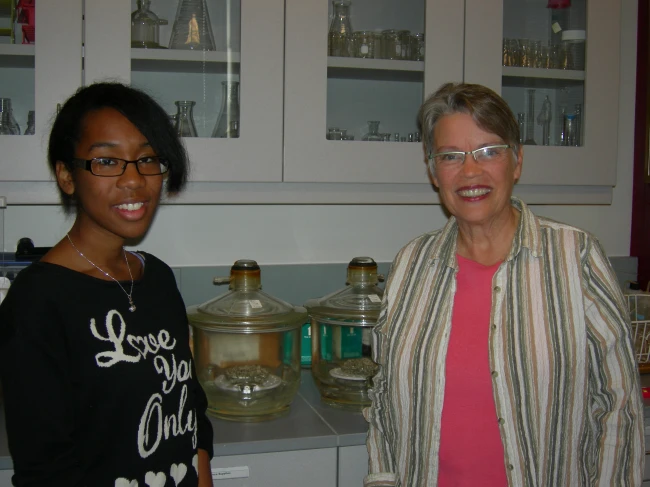Sharing skills, building livelihoods: Kenyan trainers teach Ugandan youths about hay baling

John Thumbi never thought he would be an international trainer. Raised in Mweiga, Central Kenya by his grandparents, John grew up with little money and distinctly inauspicious prospects. He did not complete secondary school, and—as a young adult—had no marketable skill. In 2009, however, John discovered the Children and Youth Empowerment Center (CYEC), a non-profit community organization in Nyeri, Kenya connected to Penn State University (PSU), where he took carpentry classes. When he completed, he says “The director told me not to go home—I could start a youth group at CYEC.” Zawadi Youth Enterprise was born out of the entrepreneurial aspirations and abilities of young CYEC alumni, existing to provide training and entrepreneurial opportunities to young people. Zawadi ventures include tailoring, chickens, bee keeping, gardening, and zero-grazing dairy goats.
One of Zawadi Youth’s most successful ventures, though, is hay baling. Dr. Sjoerd Duiker, an associate professor of soil management and extension specialist at PSU, introduced innovative and yet affordable technologies to mow grass and bale hay to the Zawadi Youth in December of 2011. John and two other young people from Zawadi marketed their newly learned skills to local farmers. Cattle are often undernourished in East Africa, and nutritious hay can greatly improve their health and milk production. Despite numerous challenges, by 2012 the hay baling initiative had become a viable, rapidly growing business, allowing John and his friends to make their own income.
Sjoerd Duiker met Michael Kansiime, head of the Secretariat at AFRISA (African Institute for Strategic Animal Resource

Services and Development), a center at Makerere University in Uganda, at the 2012 Africa Collaboration Colloquium held at PSU in August 2012. The Colloquium—hosted by PSU and the Global Knowledge Initiative—offered a prize of $20,000 for an innovation that would be implemented by teams made up of African and US-based collaborators. After meeting at the Colloquium, PSU Soil Research Laboratory manager Dr. Ephraim Govere kept in touch with Kansiime, and soon approached Duiker about the possibility of collaborating with Kansiime on a proposal. Their idea: bring hay baling technology and training from Zawadi to Uganda’s unemployed and underemployed young people.
In early 2012, GKI announced that its international technical committee had chosen the Youth Employment and Income Enhancement Project (YEIEP) proposed by Kansiime, Duiker, Govere, and AFRISA head Dr. John David Kabasa, as its $20,000 Africa Collaboration Challenge Prize winner. Throughout early 2013, the YEIEP team prepared training materials and in June they held an intensive, two-week training for 62 people in Nakasongola, far into the Ugandan countryside. Two of the lead trainers on hay baling and hay baler construction were John Thumbi and his colleague at Zawadi Dennis Mutahi. The training, by all accounts, was a huge success.
Duiker believes that training trainers is key to effectiveness and sustainability. “If we really want to make an impact, we should empower youth so that they can develop their own business, but also so that they can train others.” He contrasted this training to the first training he gave in Kenya, three years ago. “The first time I introduced the hay baler it took two weeks to prepare for the training. I had to find wood, metal, and scythes and brought some materials and supplies in my suitcase from the U.S. This time I barely brought anything. John and Dennis had already built the baler—it was ready when I came.” Reflecting on the expertise of the Zawadi trainers, Duiker said, “The training was much easier. They did most of the actual training… I basically was here for the show.”

For John and Dennis, the opportunity to train other youths was important and fulfilling. They believe the skills they transferred to Ugandan young people will help them start hay baling and baler-manufacturing businesses (there is already evidence that this is the case; all trainees developed business plans, and some are already starting enterprises). John said that he enjoyed being a trainer, and noted that when he returned to Kenya he was going to train a group of farmers. Duiker quickly added that, although John and Dennis enjoy their roles as trainers, their hay baling business is in so much demand that they do not have time to do everything they would like to do. “We hope we can find other youth in Kenya to start another hay bailing team,” Duiker said, “because they (John and Dennis) have too much work.” John and Dennis admit that this is a good problem to have, and one that they hope young Ugandans will soon have as well.







